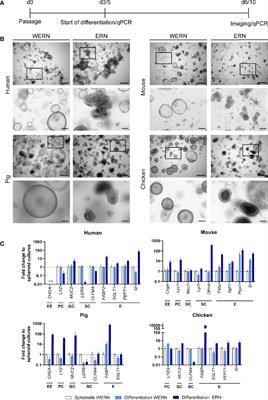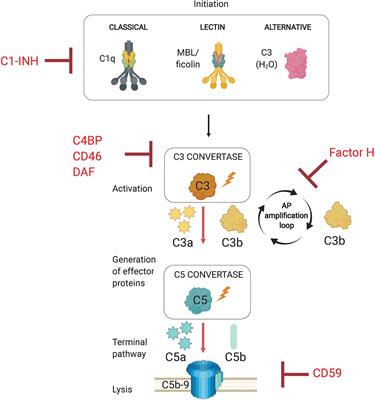EDITORIAL
Published on 28 Apr 2021
Editorial: Get Over the Gut: Apicomplexan Parasite Interaction, Survival and Stage Progression in Vertebrate and Invertebrate Digestive Tracts
doi 10.3389/fcimb.2021.680555
- 1,203 views
- 4 citations
13k
Total downloads
56k
Total views and downloads
EDITORIAL
Published on 28 Apr 2021
ORIGINAL RESEARCH
Published on 15 Mar 2021

ORIGINAL RESEARCH
Published on 01 Mar 2021

ORIGINAL RESEARCH
Published on 22 Feb 2021

REVIEW
Published on 22 Feb 2021

ORIGINAL RESEARCH
Published on 04 Feb 2021

REVIEW
Published on 11 Jan 2021

ORIGINAL RESEARCH
Published on 08 Jan 2021

MINI REVIEW
Published on 11 Dec 2020

MINI REVIEW
Published on 18 Nov 2020

ORIGINAL RESEARCH
Published on 08 Oct 2020
